Type
Plato principal
People
4 Personas
Time
1 Hora y 30 Minutos
The Navarra Integrated Production system welcomes farmers who are committed to environmentally friendly production, giving priority to the methods which care more for the ecosystem.
In short, an alternative between conventional and organic production which aims to shape a living and lasting form of farming that respects the environment, generates profit for those involved in it and is able to meet social demands.
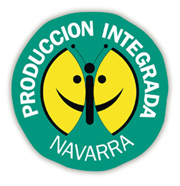
The Navarra Integrated Production system welcomes farmers who are committed to environmentally friendly production and comply with the Technical Standard specific to each type of agrarian or livestock production.
Currently, there are registered producers of eggs, rice, milk, chicken, lettuce, curly endive and fresh tomato with the Integrated Production label.
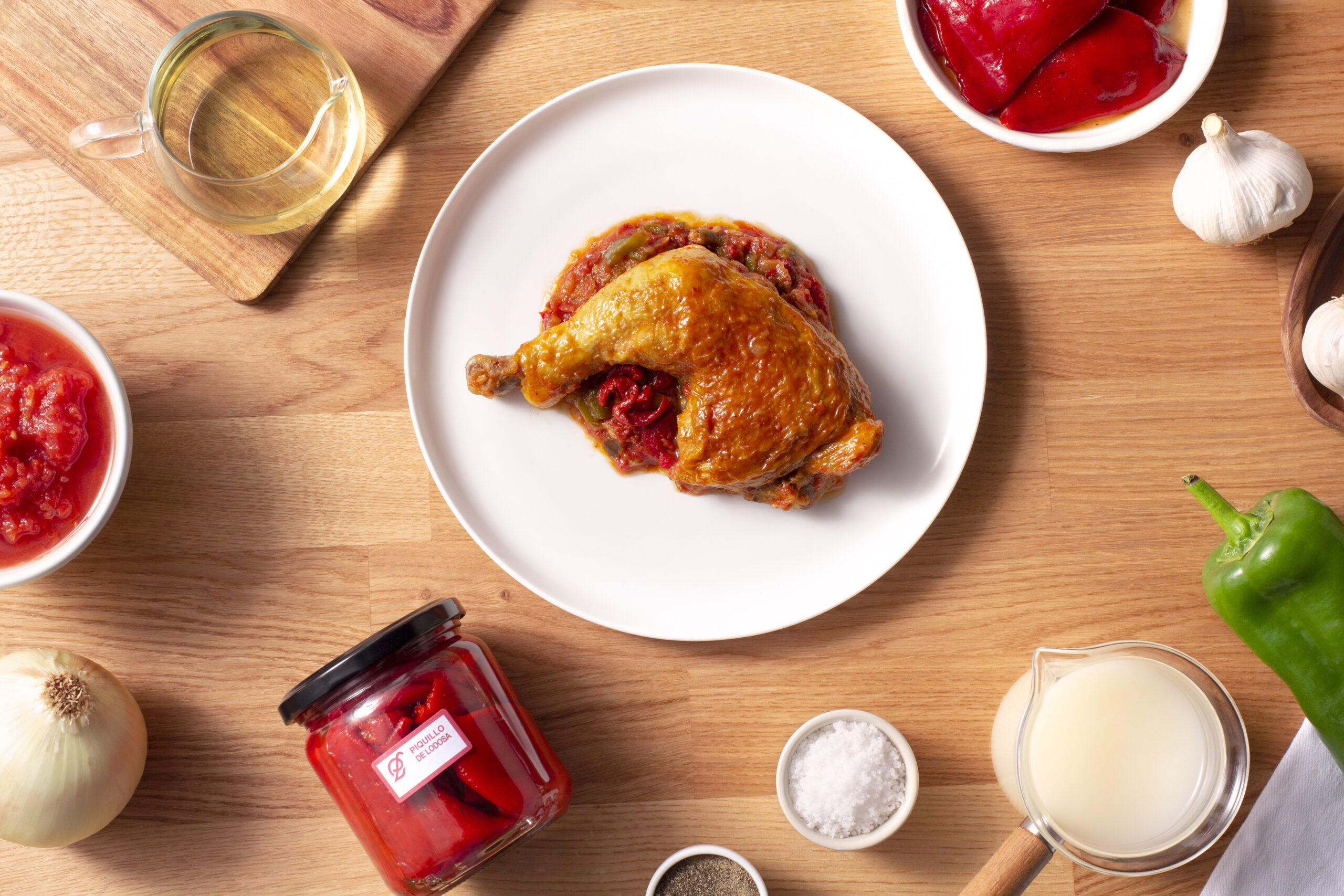
Integrated Production has been regulated in Navarra since 1997 by Regional Decree 143/1997. Since that date, the Government of Navarra has approved complementary provisions which develop it and the specific technical rules for the different crop or livestock products. Navarra was a pioneer in the production and packaging of cow’s milk (UHT and pasteurized packaged milk) using this system.
The entire production process is controlled according to a Control Programme established by Instituto Navarro de Tecnologías e Infraestructuras Agroalimentarias, the Control and Certification entity.
Navarra Integrated Production is governed by Regional Decree 143/1997. Since that date, the Government of Navarra has approved complementary provisions which develop it and the specific technical rules for the different crop or livestock products:
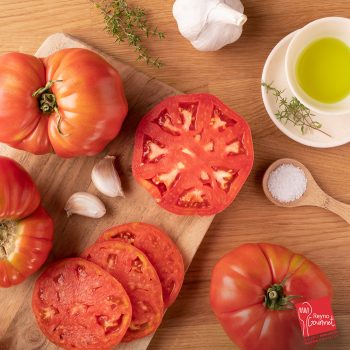
The producer must fill in a Farming Register which demonstrates compliance with the specific Technical Standard for each type of crop or livestock production.
In the case of crop production, the register must record the plots involved, the details of the crop, the cultivation operations carried out, previous observations justifying certain actions, the raw materials used and any other significant action on the crop which it may be of interest to describe. The system is similar for livestock production, according to the applicable Technical Standard.
To identify food covered by Navarra Integrated Production, look for the official logo which shows a yellow butterfly inside a green circle.
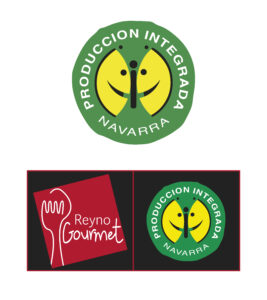
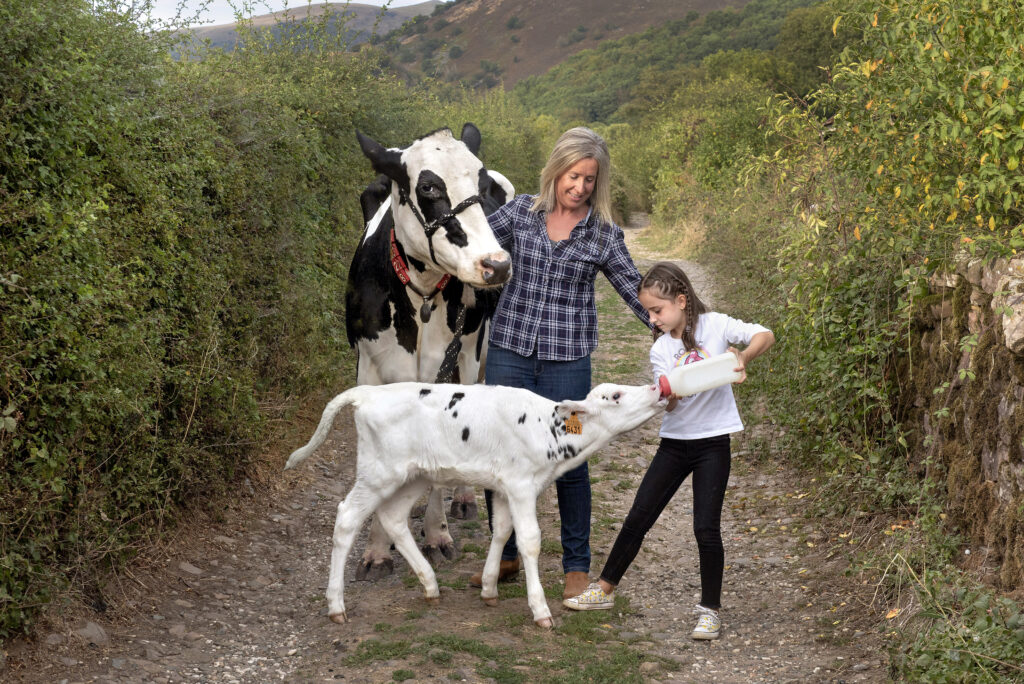
Integrated Production is a system of controlled production that guarantees the rational and restricted application of mineral fertilisers and phytochemicals in crops. With regard to livestock, the most environmentally friendly production systems and animal welfare are priorities.
Integrated Production stands as an alternative between conventional and organic production which aims to shape a living and lasting form of farming which respects the environment, generates profit for those involved in it and is able to meet social demands.
In this system, the biological and chemical methods and all other production techniques used are carefully chosen and balanced, taking into account protection of the environment, animal welfare, the profitability of farms and the requirements of consumers in terms of quality and food safety.
Want to be kept up to date on Reyno Gourmet’s news, events, competitions and promotions?
Leave us your email and periodically receive our newsletter in your inbox.
Responsible: Navarro Institute of Agro-food Technologies and Infrastructures, SA (INTIA) Purpose: Manage the sending of the requested information and in relation to the activity. Legitimation: Consent of the interested party. Recipients: No data will be transferred to third parties, except legal obligation. Rights: Access, rectify and delete the data, as well as other rights as explained in the additional information. Additional information: https://intiasa.es/es/nota-legal.html